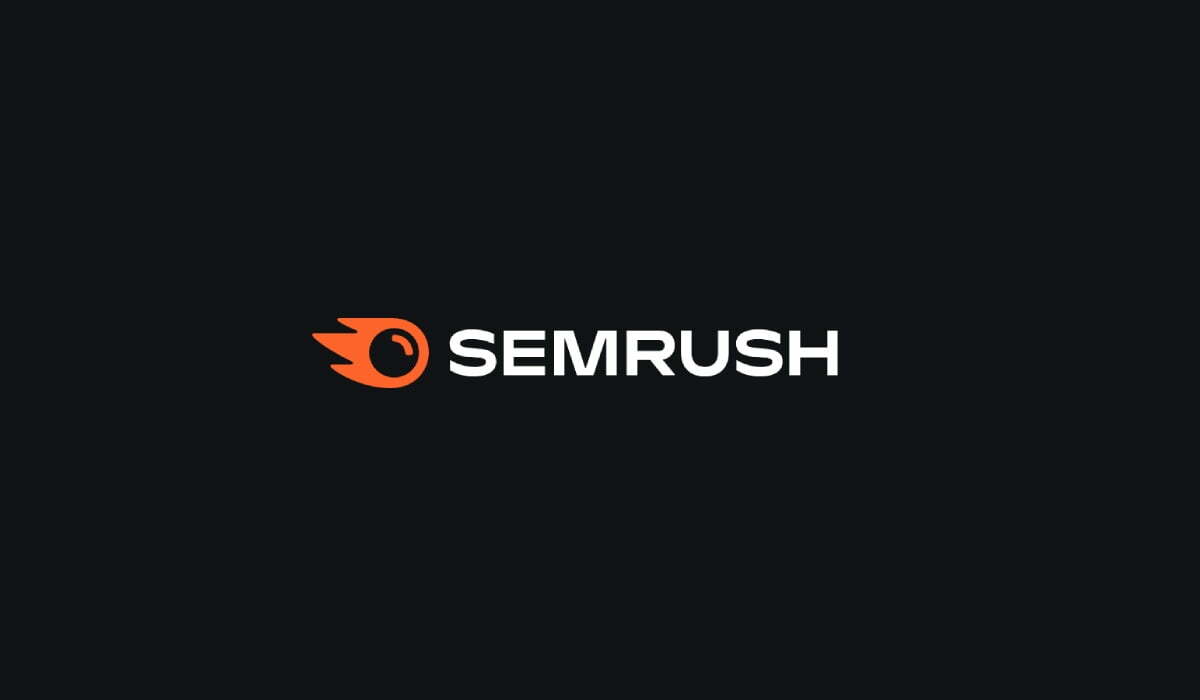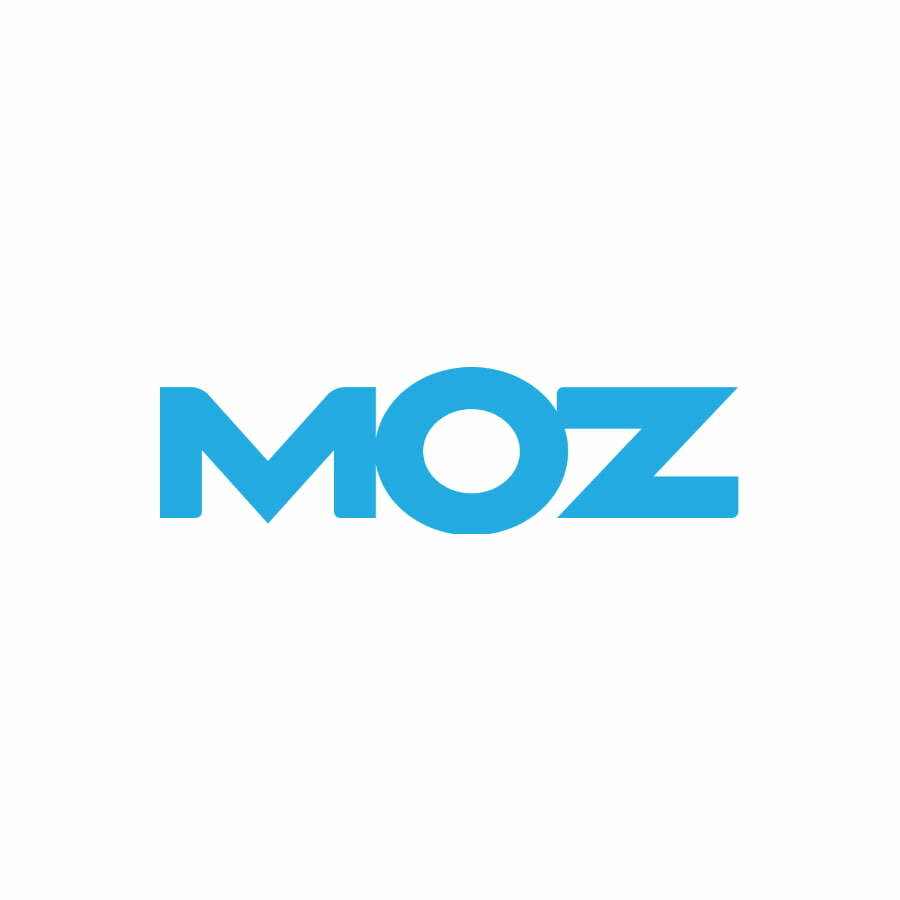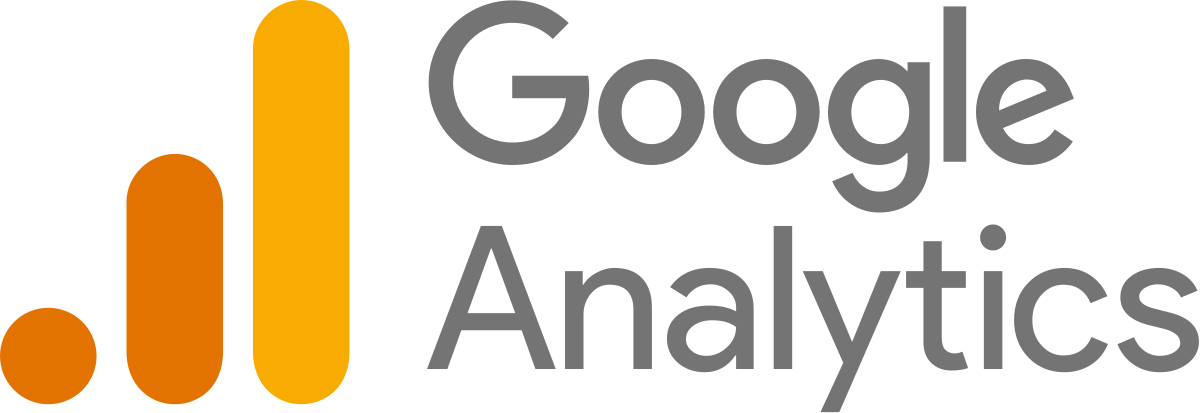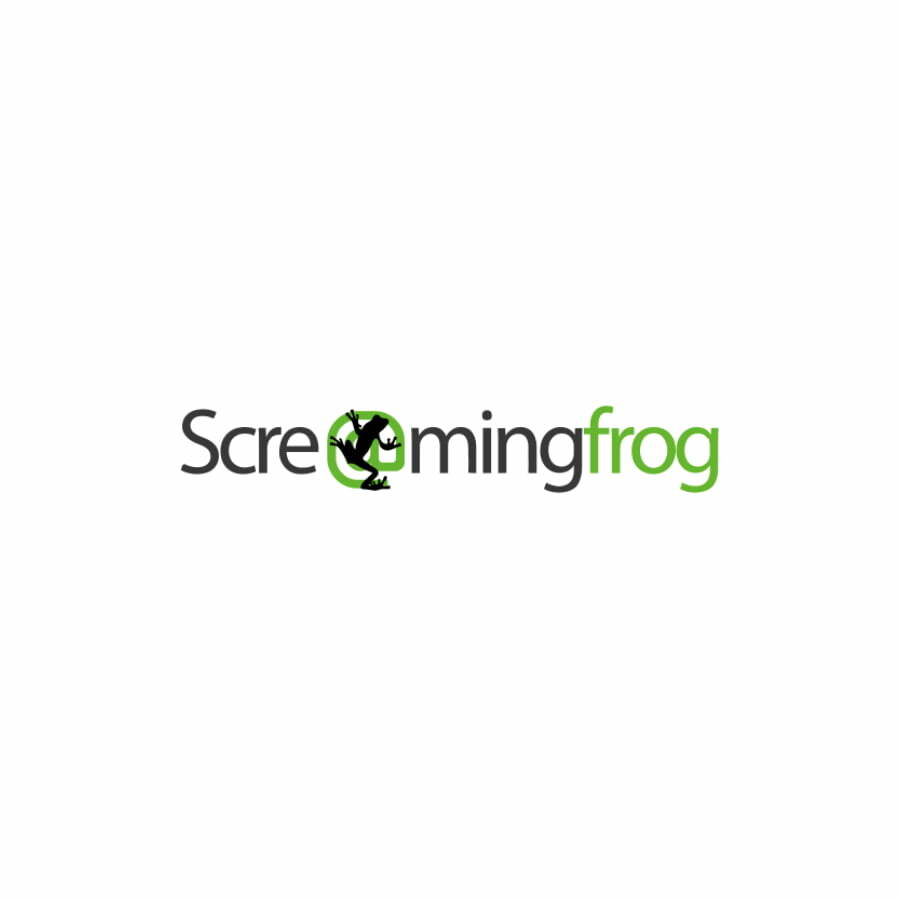




Semrush is a popular all-in-one digital marketing toolkit that provides a wide range of services including keyword research, SEO audits, backlink analysis, rank tracking, content marketing, and competitive analysis.
The article provides a comprehensive review of Semrush, evaluating its key features, pricing, usability, customer support, and how it compares to alternative software tools on the market. Smith has tested and used Semrush extensively in his digital marketing work, lending credibility to his insights. However, as an independent review, the article could have certain biases that need to be considered. The review covers the advantages and limitations of using Semrush for activities like keyword research, link building, rank tracking, and website audits. It offers a useful subjective perspective for marketers considering investing in this software platform.
Semrush Position Tracker is the SERP tracking tool within SEO giant Semrush's all-in-one platform. That being said, it’s a highly accurate tool with a lot of outstanding features—and the power of Semrush's other high-level functions behind it.
Aside from its standard rank tracking features, Semrush offers unique features like Surround Sound (which lets you analyze what pages rank in the top positions for a specific keyword and check how many mentions or backlinks your site gets) and Keyword Analytics (which helps you leverage the most popular keywords in a specific industry or business space to your advantage).

Founded in 2011, Ahrefs aims to help websites improve their visibility and rank higher in search engines through on-page and off-page optimization. The company offers an end-to-end SEO toolkit spanning from keyword research and backlink analysis to rank tracking and content gap identification. Ahrefs crawls over 21 billion web pages monthly, providing access to huge amounts of search engine data.
I will specifically focus on evaluating Ahrefs' core SEO tools such as Site Explorer for backlink research, Keywords Explorer for keyword tracking, Rank Tracker for SERP monitoring, and Content Explorer for uncovering content opportunities. The review will assess the accuracy, depth, and ease-of-use of these tools based on real-world use cases. Additionally, I will compare Ahrefs' pricing and plans to alternative SEO software on the market. The goal of this review is to help digital marketers understand if investing in Ahrefs would benefit their SEO and content strategies. By highlighting the platform's strengths and weaknesses, readers will get an impartial assessment of its value.
Ahrefs rolls a ton of SEO features into one. This tool includes:
While certain features of Ahrefs are free, most require a payment plan. However, the pricing is flexible, with options for small businesses and full-blown SEO agencies.

Moz offers an SEO platform with keyword research, site crawling, rank tracking, and link analysis tools aimed at small to large businesses looking to improve website visibility and traffic.
Moz strives to be an all-in-one solution for B2B SEO agencies. With this tool, you can see how your website is performing across the web.
Moz checks how a website ranks across multiple search engines, not just Google. This gives you a more complete picture of how your SEO efforts are affecting a site. It’s also a great tool for link building. Dig deep into a website’s backlink profile to find new opportunities and whether you have any harmful links.



Google Analytics offers robust, free website traffic analysis. It tracks overall site visits, sources, geography, technology used, duration and more for understanding visitor behavior. Key features include real-time reporting of current visitors; dashboard customization with preset and customizable reports; goal and conversion tracking to optimize user journeys; cohort analysis for advanced behavioral insights; audience overview for demographic data; and integration with Google ads for campaign performance. Analytics provides easy segmentation to filter data for deeper analysis. With its powerful visualizations, granular data, and customization, Google Analytics supplies comprehensive insights to monitor and enhance website performance.

Ubersuggest provides easy-to-use SEO tools for research, content creation, backlink analysis, rank tracking and more. Its foundation is extensive keyword research capabilities such as keyword ideas, search volume, competition metrics and trends. Users can utilize the platform to perform competitor analysis, identifying opportunities based on top pages, organic traffic, keywords and backlinks. For content planning, Ubersuggest finds related questions and outliers. The tool integrates with Google Analytics for rank tracking, and offers easy-to-interpret reports on rankings and metrics. With its intuitive interface and extensive dataset, Ubersuggest enables SEO professionals to research in-depth insights to inform optimization strategies.

Screaming Frog SEO Spider is a user-friendly crawler-based toolkit enabling comprehensive audits, analysis, and insights to optimize technical SEO. Key capabilities include site crawling to identify pages, links, images; page analysis examining on-site elements like titles and metadata; detailed link analysis and visualization; redirect mapping; HTML validation for code errors; accessibility checks; sitemap generation; log file uploads; and customizable reporting. The tool provides granular control over crawls and surfaces website data in a meaningful way through tables, filters and graphs. With robust features tailored to SEO professionals, Screaming Frog helps diagnose and resolve technical issues to ultimately improve search visibility and performance.

Google Search Console provides webmasters with free tools to monitor, maintain, and troubleshoot their site's presence in Google Search results. Core features include viewing index coverage to check if pages are being crawled properly, analyzing links and discovering toxic backlinks harming rankings, fixing technical errors like broken pages and redirects, viewing search analytics like top queries and traffic sources, submitting sitemaps, and optimizing title tags and meta descriptions. Search Console aggregates key data and insights webmasters need to diagnose issues hampering their search visibility, connect their site with Google's indexing system, and improve their SEO performance. With its user-friendly interface and integration with other Google products like Analytics, Search Console is an invaluable platform for website owners looking to understand and enhance their site's standing in organic search.
So, which tool is right for you?
It depends on what you want to offer your clients.
Need a way to measure website performance? A combination of Google Analytics and Google Search Console should do the trick.
How about keyword analysis? Try Ahrefs or Ubersuggest.
Looking to specialize in the more technical aspects of SEO? Screaming Frog will be a huge asset.
Want to combine all your needs into one tool? Moz and Semrush are both great options.
In summary, you have plenty of options to choose from. I recommend trying the ones that interest you most and seeing which you like best. Use these tools to refine your SEO strategy and get your clients better results!


Leave a Reply
You must be logged in to post a comment.